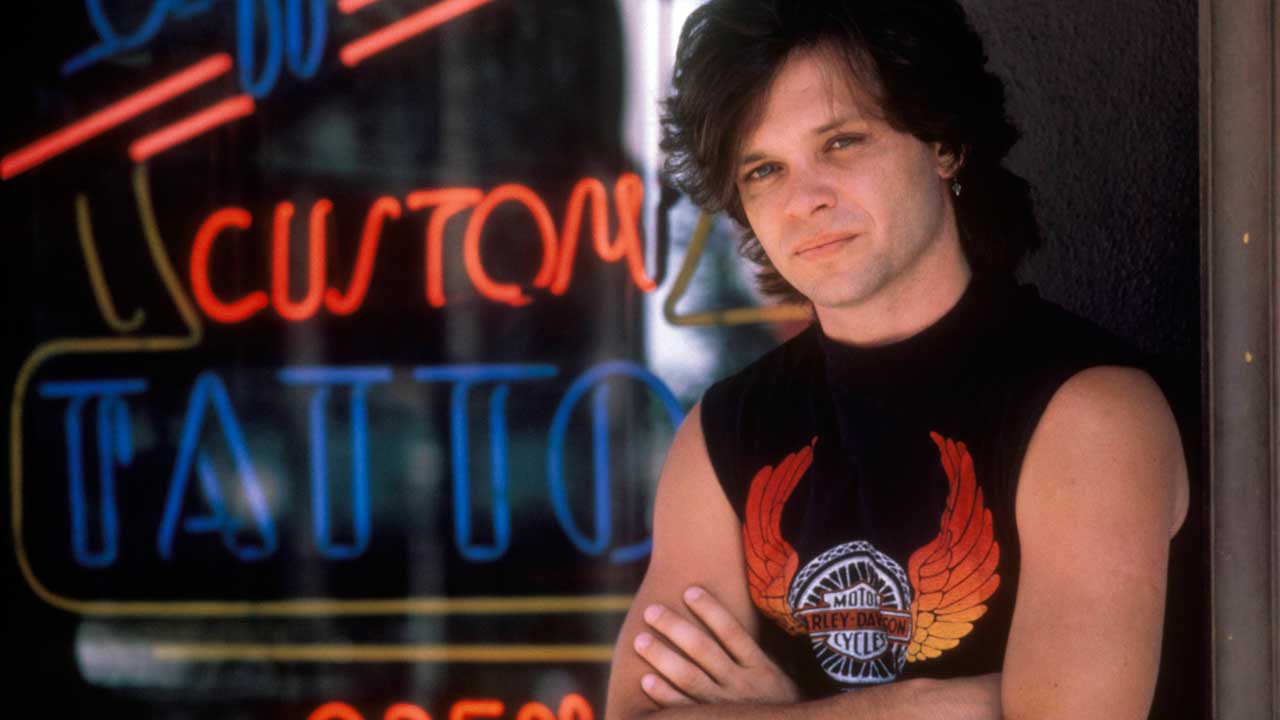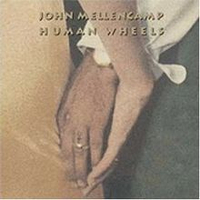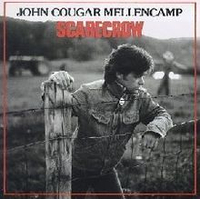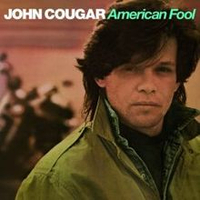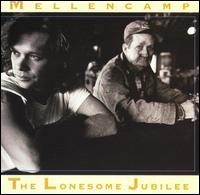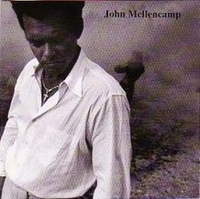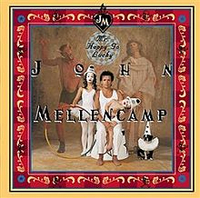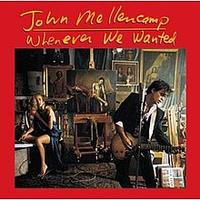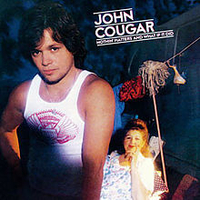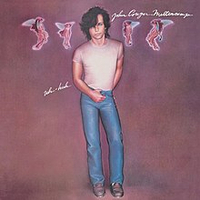Only the rarest of talents have that admirable ability to defy musical definition, year after year, decade after decade. Just when you think you’ve got ’em pegged they come up with a cunning change in direction which throws you a disorientating body swerve.
In a recording career of more than 40 years, he has released under many names – Johnny Cougar, John Cougar, John Cougar Mellencamp, plain ol’ John Mellencamp – plus monikers bestowed on him by others (the contrary Lil’ Bastard tag under which he produced his records for a while).
The music has varied wildly in style and, at times, quality. There are the shin-kicking cocky rockers on American Fool; the introspective, balladic folk of Big Daddy; the down-home fiddles and mandolins that characterise The Lonesome Jubilee. But all through the hills and valleys of this fantastic journey, some of the roadside scenery remains constant.
At his best, Mellencamp is one of the greatest American storytellers, up there with John Steinbeck and Mark Twain. Americans would call him a ‘heartland rocker’, but that’s just an easy soundbite to throw out and unfairly lumps him in with the likes of Bruce Springsteen and Bob Seger. His lyrical ability can transport the listener from dusty front porch to cramped tenement block; from soda bar to jail cell.
It’s not all cloudless, widescreen Midwest skies, either. In Mellencamp’s America social injustice loiters behind every white picket fence. The notion of family loyalty runs deep, but the threat of betrayal lurks round every corner and in every shadow.
If anything, Mellencamp’s marriage to a supermodel, and mid-90s heart attack, sharpened his scalpel rather than seeing him settle back. His work has become more overtly political, through involvement in the long-running Farm Aid project, and songs such as Peaceful World, which became an inadvertent anthem for post-9/11 New York.
He nods frequently to his musical roots – R.O.C.K In The U.S.A. was subtitled A Salute To 60s Rock; stories have him forcing his band to learn dozens of classics before convening for pre-tour rehearsals, and for his 2003 release Trouble No More he dug deep into the great American songbook. He may not fit your definition of classic rock, but the records listed in this guide contain material by one of the most classic American rockers of our time.

